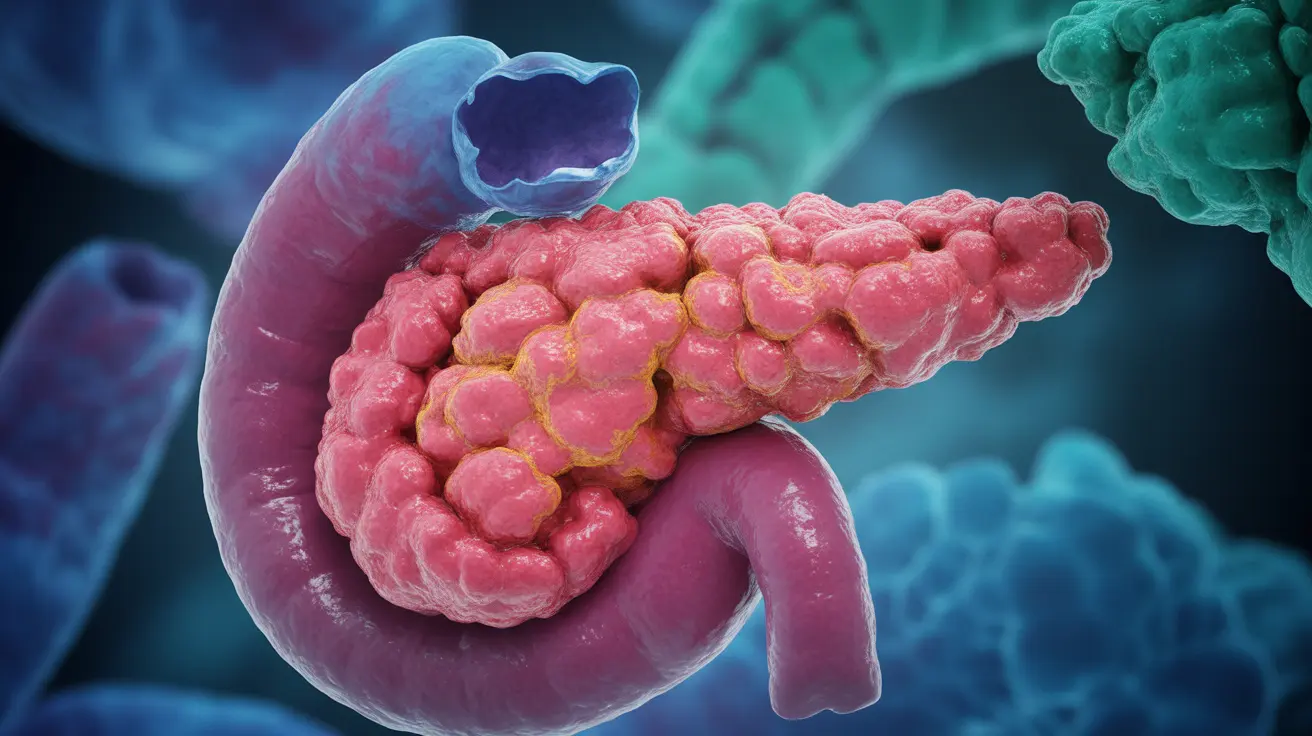The regeneration of pancreatic beta cells represents a crucial frontier in diabetes treatment and management. These specialized cells, responsible for producing insulin, play a vital role in maintaining healthy blood sugar levels. Understanding how to regenerate and protect beta cells offers hope for millions affected by diabetes and related metabolic conditions.
In this comprehensive guide, we'll explore various approaches to beta cell regeneration, from cutting-edge medical treatments to lifestyle modifications that may support pancreatic health and function.
Understanding Beta Cell Regeneration
Beta cell regeneration involves the body's natural ability to produce new insulin-producing cells in the pancreas. This process can occur through several mechanisms, including the replication of existing beta cells and the conversion of other pancreatic cell types into beta cells.
The Natural Process of Beta Cell Regeneration
The pancreas maintains a remarkable ability to adapt and regenerate under certain conditions. This process typically involves:
- Self-replication of existing beta cells
- Formation of new beta cells from progenitor cells
- Conversion of other pancreatic cells into beta cells (transdifferentiation)
- Activation of dormant beta cells
Medical Approaches to Beta Cell Regeneration
Current medical research has identified several promising approaches to stimulate beta cell regeneration:
Pharmaceutical Interventions
Several medications and compounds are being studied for their potential to promote beta cell regeneration:
- GLP-1 receptor agonists
- DPP-4 inhibitors
- Stem cell-based therapies
- Growth factors and hormones
Emerging Therapeutic Strategies
Innovative treatments currently under investigation include:
- Gene therapy approaches
- Beta cell transplantation
- Immunomodulation techniques
- Targeted biological agents
Lifestyle Factors Supporting Beta Cell Health
Several lifestyle modifications can help protect and potentially support beta cell regeneration:
Dietary Considerations
Specific dietary choices may help maintain beta cell function:
- Mediterranean-style eating patterns
- Foods rich in antioxidants
- Anti-inflammatory nutrients
- Adequate protein intake
- Controlled carbohydrate consumption
Exercise and Physical Activity
Regular physical activity can support beta cell function through:
- Improved insulin sensitivity
- Reduced inflammation
- Enhanced metabolic health
- Better glucose regulation
Challenges in Beta Cell Regeneration
Several factors can complicate the process of beta cell regeneration:
- Autoimmune responses in Type 1 diabetes
- Inflammatory conditions
- Age-related decline in regenerative capacity
- Genetic factors affecting cell reproduction
Frequently Asked Questions
How can pancreatic beta cells be regenerated to improve insulin production in diabetes?
Beta cells can be regenerated through various approaches, including pharmaceutical interventions, stem cell therapy, and lifestyle modifications. Current research focuses on stimulating natural regeneration processes and protecting existing beta cells from damage.
What drug therapies or natural treatments help stimulate beta cell regeneration in the pancreas?
Several treatments show promise, including GLP-1 receptor agonists, DPP-4 inhibitors, and experimental stem cell therapies. Natural compounds like curcumin and berberine are also being studied for their potential benefits.
Can lifestyle factors like diet and exercise support the regeneration or protection of beta cells?
Yes, lifestyle factors can significantly impact beta cell health. A balanced diet rich in anti-inflammatory foods, regular exercise, stress management, and adequate sleep can help protect existing beta cells and potentially support regeneration.
What are the main challenges in restoring beta cell function for diabetes treatment?
Key challenges include autoimmune responses that destroy beta cells, difficulty in achieving sustained regeneration, limited regenerative capacity in older individuals, and maintaining the functionality of newly generated cells.
How does the transdifferentiation of other pancreatic cells contribute to beta cell regeneration?
Transdifferentiation involves converting other pancreatic cell types, such as alpha cells or ductal cells, into functional beta cells. This process represents a promising avenue for increasing beta cell mass, particularly in cases where natural beta cell regeneration is limited.




